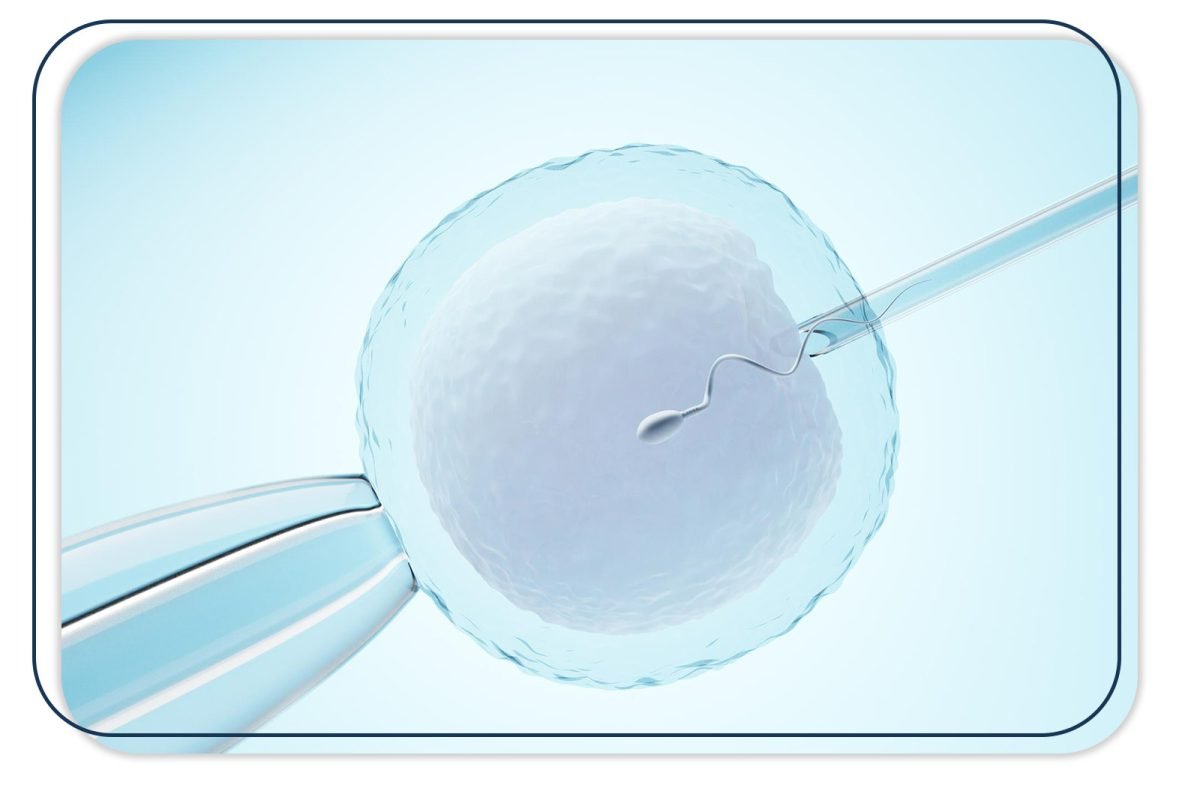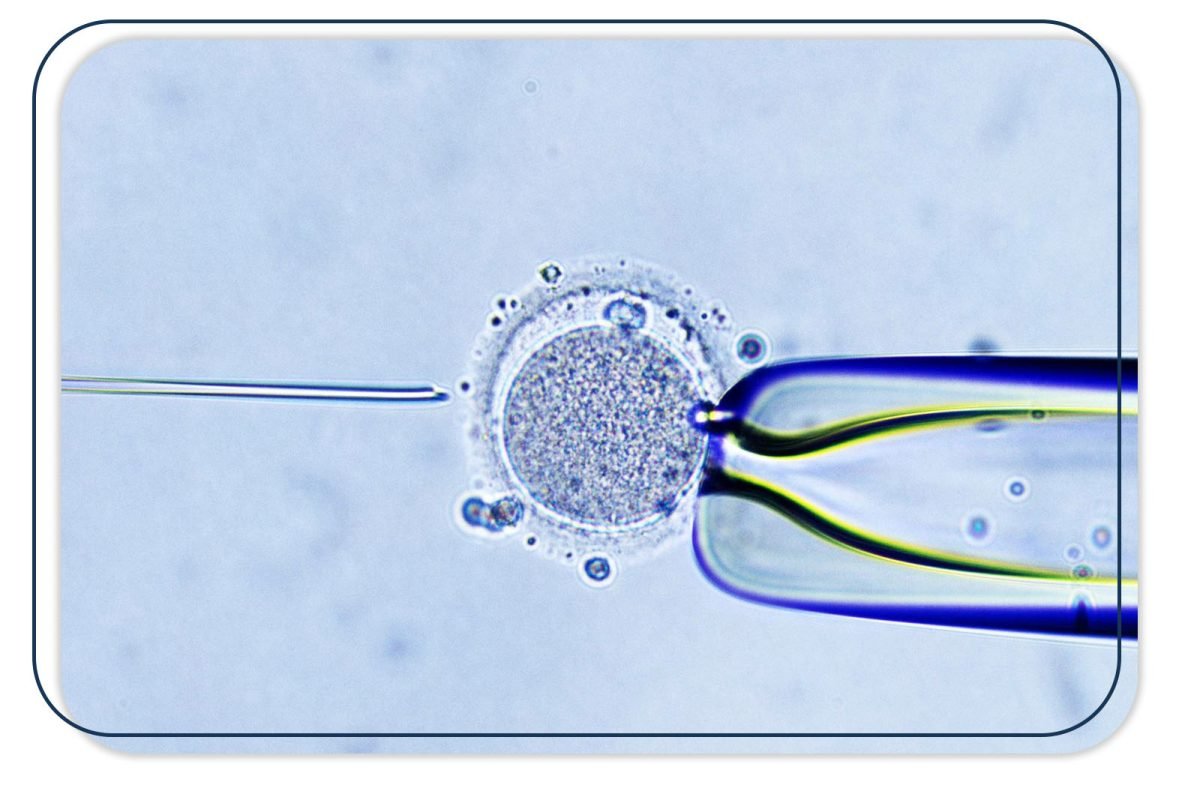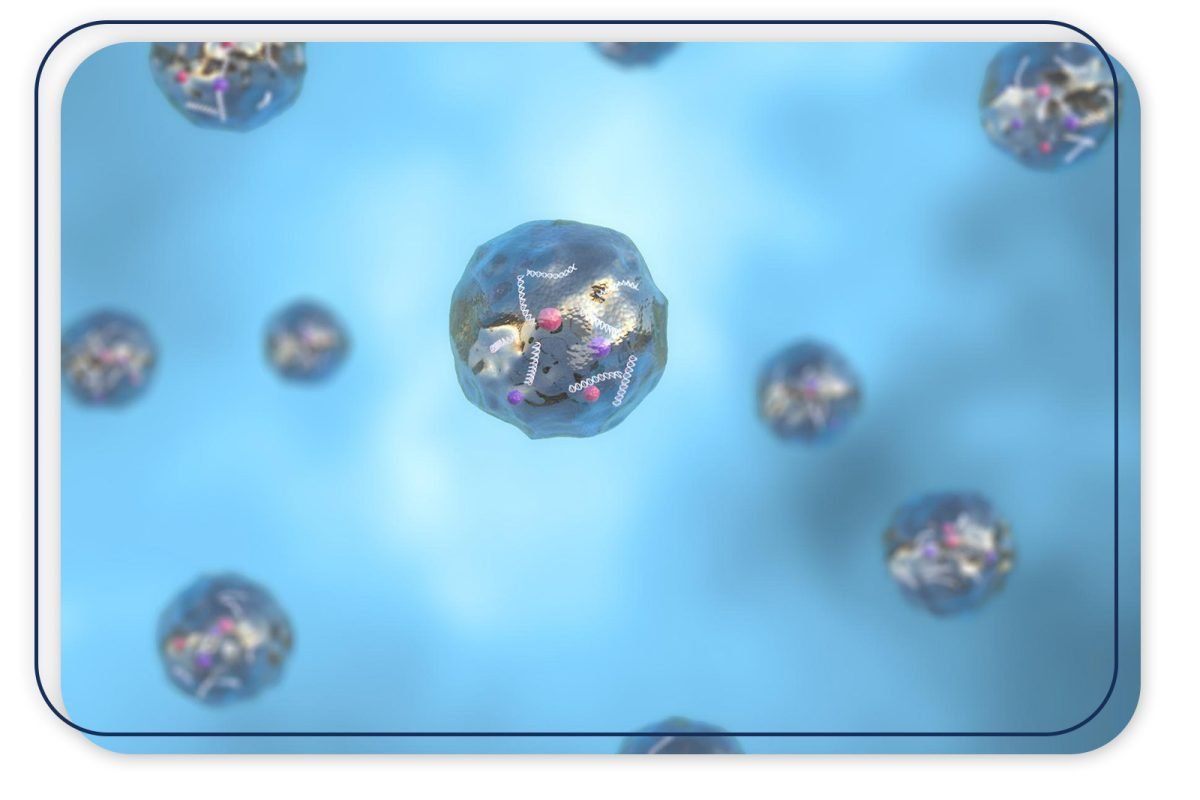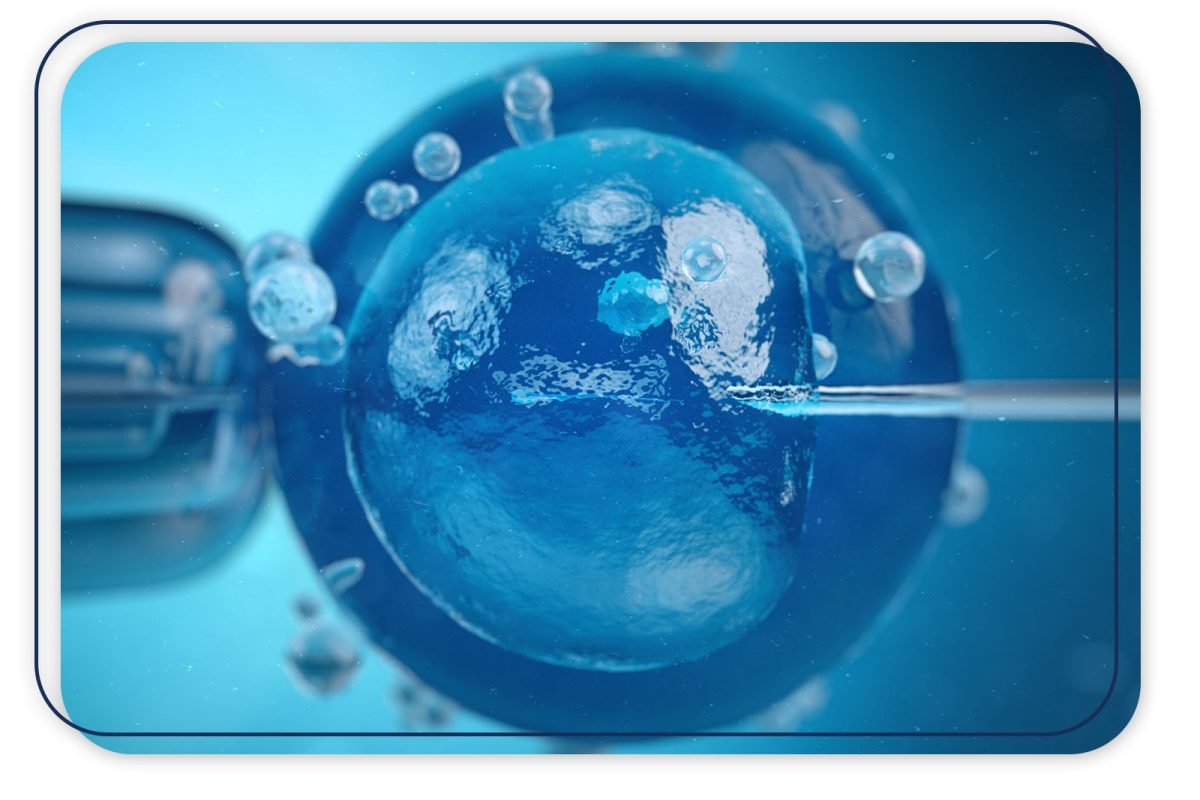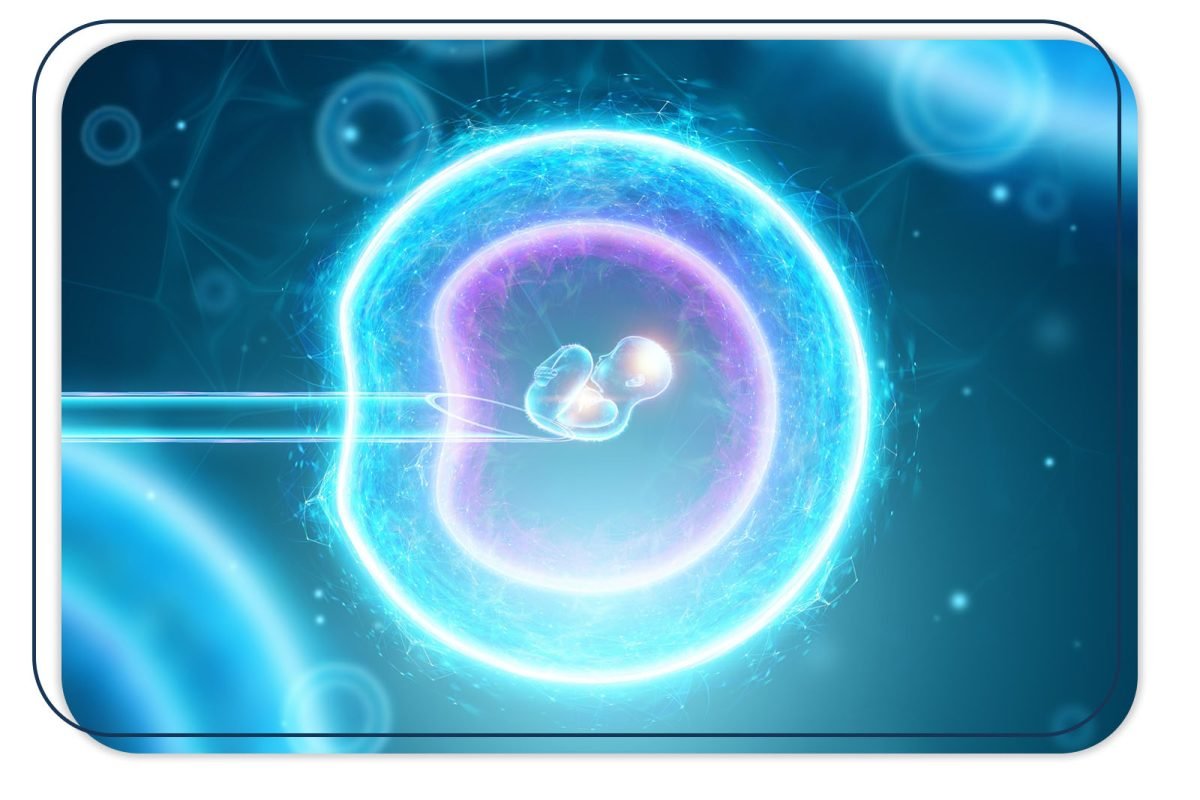
Treatments
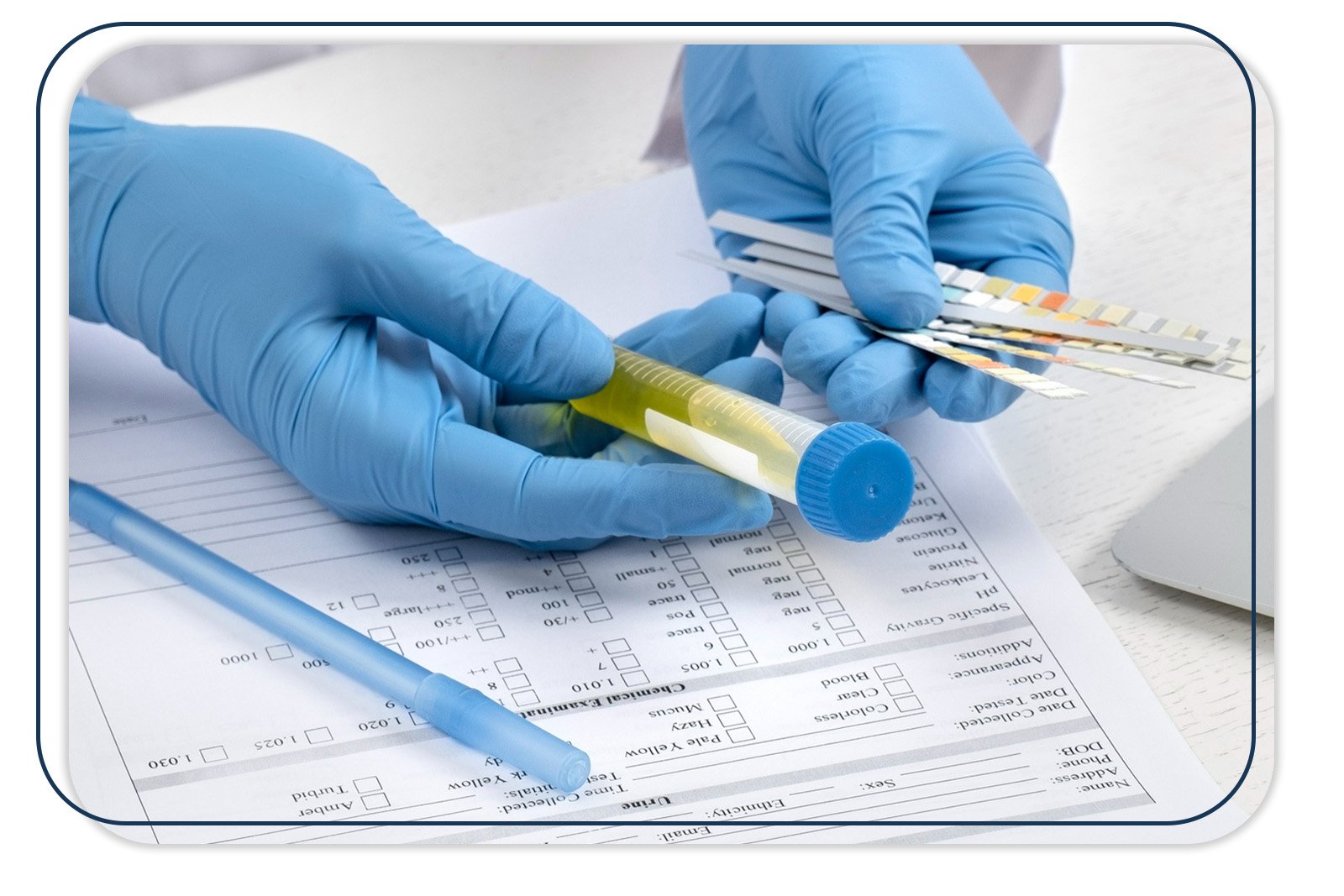
Preimplantation Genetic Testing ( PGT-A and PGT-M)
Preimplantation genetic testing or screening is a method which we can use during IVF treatments to determinate euploid( chromosomally healthy) embryos. The PGT-A technique can give us healthy chromosomal profile through 23 pairs of chromosomes as fully genetic screening prior embryo transfer. After a receiving blastocyst by trophectoderm biopsy technique 3-5 cells taken from the embryo and analyze by PGT platforms. The technique may help to avoid miscarriges and serious genetic disease after the birth. However the genetic problem also can be on gene state. If there is a patient history with single gene disorders PGT-M technique may help to choose healthy embryo and to achieve healthy baby through IVF techniques.
The Role of PGT
- Preventing Genetic Diseases: PGT enables the detection of abnormal embryo genetics, significantly reducing the risk of inherited diseases in offspring.
- Ensuring Chromosomal Integrity: By confirming the correct chromosome count in selected embryos, PGT minimizes the chances of failed IVF cycles and reduces the risk of miscarriage.
Ideal Candidates for PGT
- Women Over 37: Due to increased risks associated with normal reproductive aging.
- Couples with Genetic Risks: Those with a potential risk of passing on inherited genetic diseases.
- History of Recurrent Miscarriages: In cases attributed to chromosomal abnormalities.
Conducting PGT
- IVF Procedure: The first step involves IVF to produce embryos for PGT.
- Embryo Cell Sampling: After egg retrieval and laboratory fertilization, assisted hatching is performed for cell sampling.
- Genetic Analysis: Cells from the outer layer of the embryo are biopsied at the blastocyst stage for subsequent genetic analysis.
Contact Us
Details available with Every Demo



